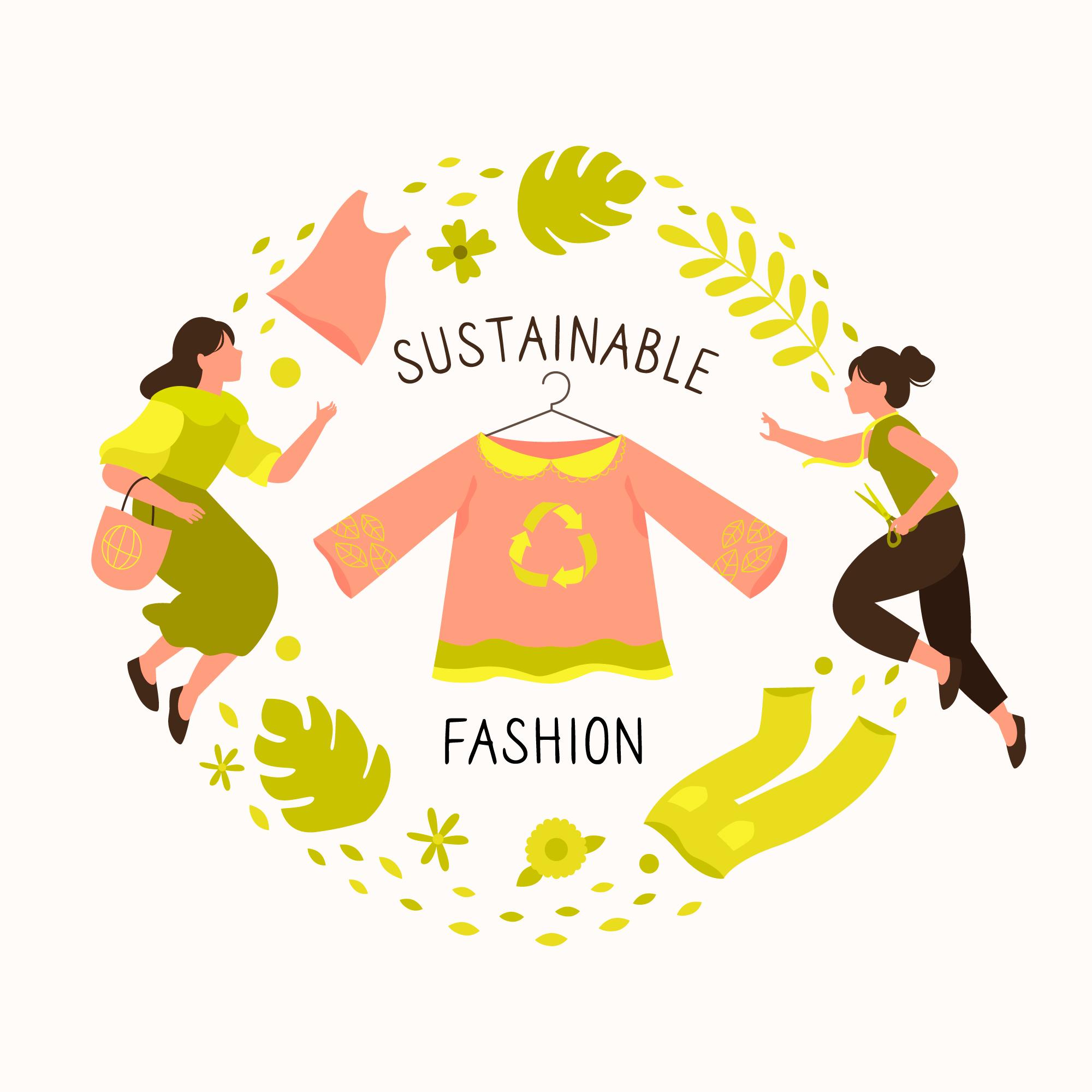Corporate Social Responsibility (CSR) in the apparel industry is more important than ever. As people become more aware of where and how their clothes are made, fashion companies are under pressure to do the right thing—for people and for the planet. CSR helps brands show they care not just about profits, but also about workers, the environment, and future generations.
What Is CSR in the Fashion World?
CSR stands for Corporate Social Responsibility, which means that companies take responsibility for the effects they have on society and nature. In the fashion and clothing industry, CSR includes treating workers fairly, using safe materials, and protecting the environment during production.
For example, a clothing brand using organic cotton, paying fair wages, and reducing water waste is practicing good CSR.
Why CSR Is Needed in the Apparel Industry
The apparel industry is one of the largest in the world—and also one of the most polluting. Many clothes are made in factories with poor working conditions, and the environment suffers from chemical dyes, water usage, and waste.
Here are a few major problems:
- Poor labor conditions in factories (often called “sweatshops”)
- Child labor and low wages
- Environmental pollution from chemicals and fast fashion
- Textile waste ending up in landfills
CSR can help solve these problems. When companies take action through ethical practices in fashion, they protect both workers and nature.
How CSR Helps People
One of the most important parts of CSR is protecting garment workers. Many clothing factories are located in developing countries, where workers might not have strong labor laws to protect them. CSR helps companies:
- Ensure safe working conditions
- Pay fair wages
- Respect workers’ rights
- Provide clean and healthy factory spaces
This is often called social responsibility in the textile industry. Companies that care about their workers build stronger, more loyal teams and better reputations.
How CSR Helps the Planet
Fashion can be tough on the environment. But sustainable practices in clothing manufacturing can reduce harm. CSR encourages companies to:
- Use eco-friendly materials like organic cotton or recycled polyester
- Save water and energy during production
- Reduce or recycle fabric waste
- Avoid harmful chemicals
Some brands now follow green textile manufacturing methods, and others use zero-waste production. These are big steps toward a cleaner planet.
Examples of CSR in Fashion
Here are some ways companies show their commitment to CSR:
- Partnering with ethical factories
- Creating programs to support workers’ families
- Publishing CSR reports to stay transparent
- Running recycling programs for old clothes
- Supporting women workers with education and health care
Brands like Patagonia, Eileen Fisher, and Stella McCartney are known for strong CSR and sustainable fashion initiatives.
Challenges and the Road Ahead
While CSR in the apparel sector is growing, it’s not always easy. Some companies face challenges like:
- Higher costs for eco-friendly materials
- Long supply chains that are hard to monitor
- Pressure to keep prices low
Still, more and more shoppers care about ethical fashion, and demand is rising. Governments and organizations are also pushing for better CSR compliance in clothing companies through laws and global agreements.
Why It Matters
CSR isn’t just about business—it’s about doing what’s right. When companies care about people and the planet, they create better products, build stronger brands, and make a real difference.
For shoppers, supporting responsible brands means you’re voting with your wallet. For companies, it means building trust, reducing risks, and helping build a better world.
Final Thoughts
CSR in the apparel industry is not just a trend—it’s a responsibility. Whether it’s making sure workers are treated well or reducing pollution, CSR helps fashion companies do their part to protect the world.
As more people ask, “Who made my clothes?” and “What impact do they have?”, CSR will continue to play a key role in shaping the future of fashion.Let’s choose and support clothing that cares for both people and the planet.



